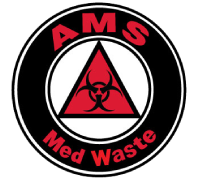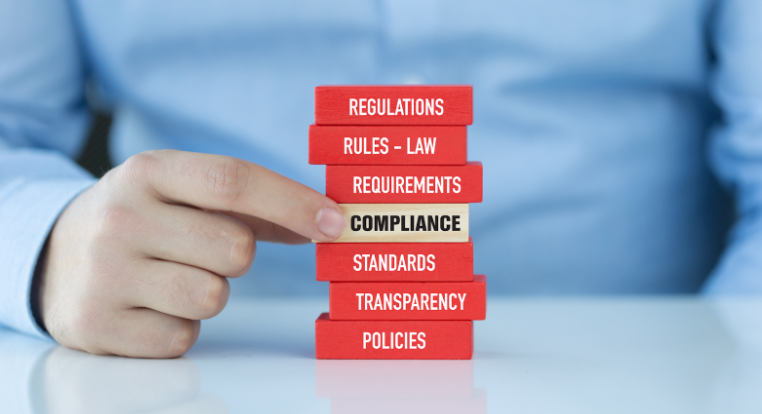Medical Waste For At Home Care
Watching a loved one succumb to illness can be one of the most heartbreaking experiences to go through. Sometimes they are able to undergo treatment or recovery at home where they can be more comfortable. Home Healthcare and Hospice providers are essential partners in today’s healthcare environment. This will result in some form of a medical suite being set up in the home, and which may result in medical waste being produced.

You will need to be prepared to deal with this safely. Having proper knowledge and materials is essential to handling at-home care. Your Home Healthcare or Hospice provider will give you essential guidance and usually provide approved collection containers to protect both you and the patient.
Common Medical Waste
The types of medical waste that are produced is going to vary depending on the situation, the treatment plan and clinical services being provided
Pathological Waste
This is perhaps the most common medical waste you’ll encounter in this situation. Pathological waste covers the following:
- Bodily fluids
- Blood
- Feces, and other excretions
Human waste like feces will be especially common when dealing with someone who is bed ridden. These types of waste, unless specifically identified by the clinical support team, are likely to be handled in the normal manner. Depending on the patient’s clinical state, bandages or other bodily fluid might be considered Potential Infectious Medical Waste and require special disposal containers. Contaminated dressings can be common if you are tending to someone with post-surgical needs.
Sharps
Sharps is a term which refers to needles, syringes or other items that could cause a cut or a puncture. Should you have to administer a syringe or perform other clinical procedures using these devices, then you need to exercise increased caution as they can puncture your skin, transferring the blood borne pathogens to you. Sharps require a specific container for safe disposal that reduces the risk of patient or care giver injury. They are hard containers with a special cover that limits access and can be sealed prior to disposal. Your Home Health or Hospice provider will give you specific requirements for handling this waste.
Pharmaceutical Waste
This is waste that comes from old or expired medications. Once they are expired, you should get rid of them. Before disposing of old medications, it is important to find out what the proper method of disposal is. There are specific requirements for these medications. Some examples of pharmaceutical waste are:
- Pills
- Injectables (not including Sharps)
- Antibiotics
- Packaging
- Controlled Substances and Prescription Pain relief medications.
Containing Waste
With waste generation comes the need to safely contain it before disposal. To do this safely, you need to make use of the correct Medical Waste and Sharps containers. These containers are specifically designed to seal in sharps, medical and hazardous waste for containment and transport purposes.
Hard containers are made to safely hold sharps and other material that might puncture a softer material. They pose a special danger and require proper storage, handling, and care.
Disposal
When it is time to dispose of your medical waste, your best course of action is using a professional service. They can handle all the waste safely and properly, and maintain the legal requirements with ease. Caring for a sick loved one at home is tough enough as it is. Take some help where you can to ease the burden in some way. We’re here to help you!



